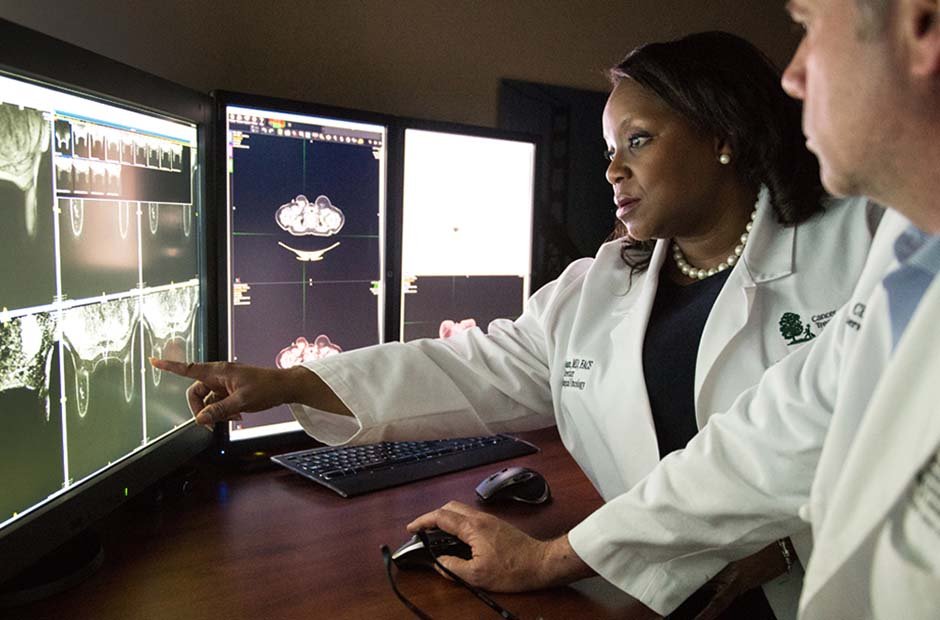There comes a time in everyone’s life when health issues start presenting, and the primary concern on our minds is one of the biggest threats to humanity – cancer.
Cancer is a dreaded word, and while no one wants to receive that diagnosis, modern medicine has made significant strides in the screening and treatment of most types of cancers.
If your doctor has suggested a screening, there are five things you need to know before your appointment:
Table of Contents
Know Your Risks
While cancer is prevalent in modern society, it does not mean that everyone will receive it as a diagnosis in their lifetime. There are certain risks that everyone needs to be aware of that will increase the likelihood of developing a type of cancer.
Everyone’s body is different, and while some people can smoke for most of their lives and escape such a diagnosis, other people can live a remarkably healthy life and still get diagnosed with cancer.
The main thing is to know your risks, whether those are genetic and you have a family history, or they are environmental and lifestyle-based. The more you know, the more facts you can give your primary care physician.
Do Not Rely On Symptoms
Cancer symptoms vary from person to person, and almost every type of cancer can present symptoms that are similar to a benign condition that most health insurance will cover. Do not assume that a persistent dry cough is a sign of lung cancer or that recurring headaches are indicative of a tumor.
Cancer symptoms can be non-existent, or they could be acute and highly noticeable. The point is to discuss your symptoms and family history with your doctor before jumping to conclusions.
Screening Types
Cancer screening tests include imaging, blood tests, and physical examinations – it all depends on what type of cancer is getting screened for.
Cancer screenings are supposed to detect cancer early, while it is easier to treat, instead of waiting for it to spread to other organs or parts of the body. To learn more about cancer screening tests and types, click here.
Detecting cancer early is the number one way to prevent it from spreading, and hopefully, get the right treatment that will cause your cancer to go into remission.
Stay Calm
While cancer is indeed a terrible diagnosis for anyone to receive, it does not necessarily mean imminent death. Most cancer cases, when caught early, can be treated with a combination of chemotherapy and radiation.
A cancer diagnosis is not guaranteed, in fact – it is far from it. The purpose of a screening is not to terrify you as a patient; it is a proactive attempt to diagnose your condition. If that diagnosis happens to be cancer, you need to stay calm.
Panicking over what might happen to you will not alter the course of your disease, the only thing it will do is prevent you from wrapping your head around your diagnosis and coming to terms with it.
Ask Questions
Before your screening appointment, compile a list of questions you would like to ask your doctor. Remember that your doctor cannot see directly into the future, so try to be reasonable with them.
Find out what you need to know and ask the questions that will impact your life. If you do receive a cancer diagnosis, remember that most cancer cases are highly treatable, and some lifestyle adjustments will go a long way toward getting your wellness back on track.
